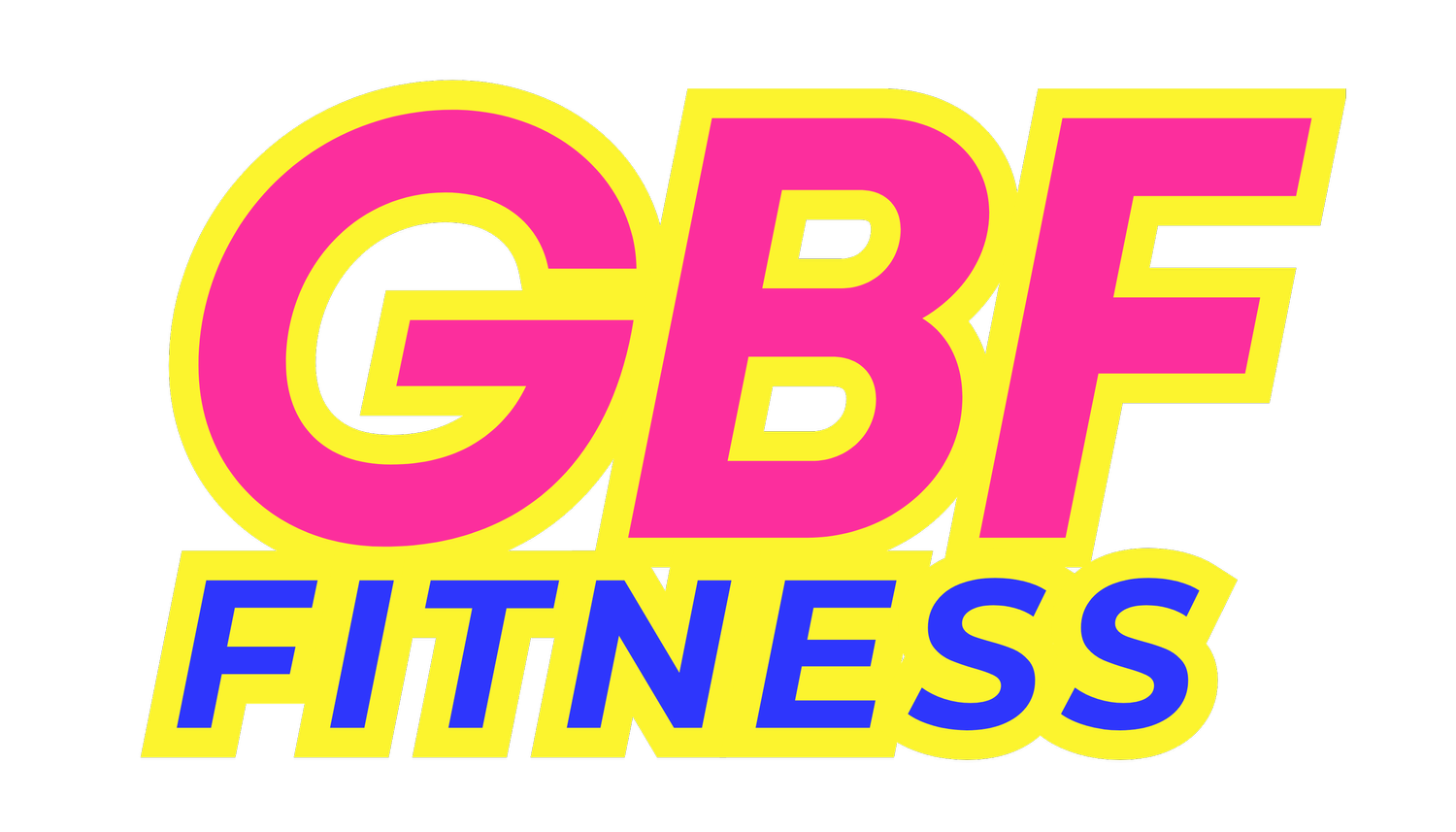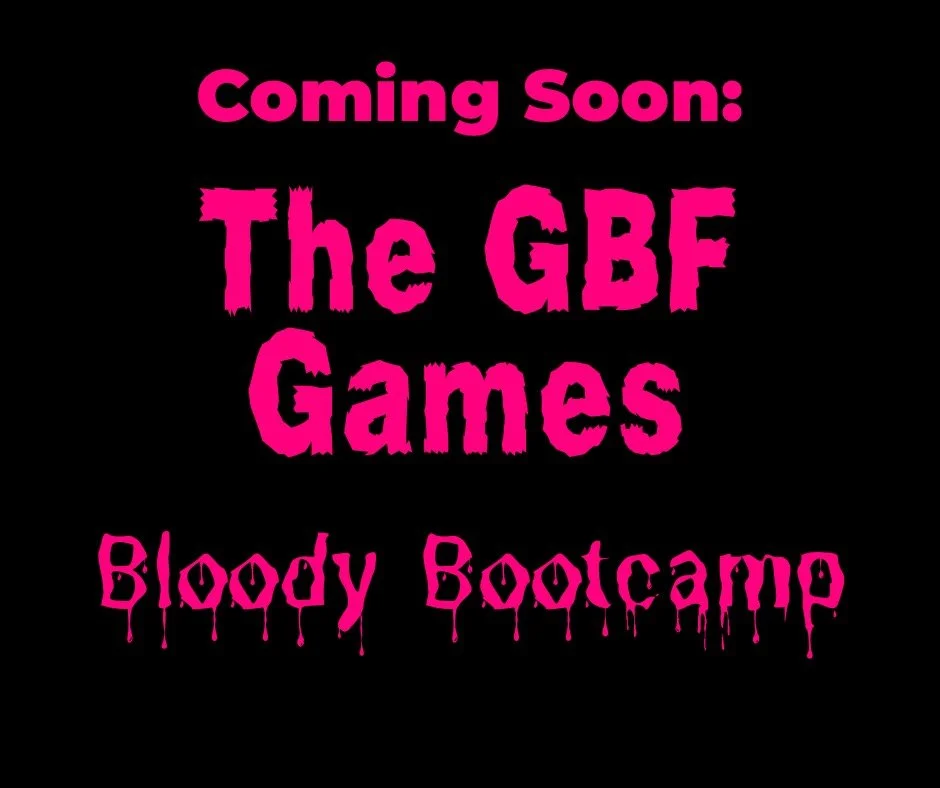The GBF Games: How Quarterly Challenges Turn Progress Into Power
Every few months at GBF Fitness, things get a little louder, a little bolder, and a lot more fun.
That’s when we kick off the GBF Games — a themed, week-long event where every one-on-one workout follows the same challenge theme.
Each client tests their strength, tracks their body metrics, and sets new goals for the next quarter. It’s more than just a fitness check-in — it’s a celebration of progress, community, and self-confidence.
The GBF Games Season 3: Bloody Bootcamp
💥 What Are the GBF Games?
The GBF Games happen once every quarter and run for one week. During this time, every client’s session includes:
A themed workout series (like Squid Games or Bloody Bootcamp)
Progress tracking with measuring tape and my Hume Health Scale
New personal record (PR) attempts in strength or endurance
Goal-setting for the next 90 days
It’s my favorite way to help clients step back, look at how far they’ve come, and reignite their motivation for what’s next.
⚗️ Why It Works (and the Science Behind It)
1️⃣ Defined Timeframes Build Focus
Research shows that short, structured challenges increase effort and consistency because there’s a clear start and finish line. (Hoh Fitness, 2023)
That sense of “this week counts” helps clients push harder, stay accountable, and celebrate a tangible win at the end.
2️⃣ Novelty Keeps Motivation High
Changing up exercises, formats, and themes prevents training plateaus. It also boosts dopamine — the brain’s reward chemical — which helps clients stay excited and engaged.
This concept of training variation is a key piece of periodized programming. (The Sport Journal, 2021)
3️⃣ Gamification Drives Engagement
Turning workouts into themed challenges activates the competitive, goal-oriented parts of our brains. Studies on fitness gamification show it can raise participation and adherence dramatically. (Arxiv, 2017)
At GBF Fitness, that means themed mini-competitions and creative challenges that make every session feel like an event, not a routine.
4️⃣ Progress Tracking Reinforces Success
Taking measurements, reviewing body composition, and celebrating PRs transforms progress from something you guess at into something you see.
Self-monitoring and reflection are proven behavior-change tools linked to long-term fitness success. (Arxiv, 2025)
5️⃣ Quarterly Cadence = Sustainable Growth
Running the GBF Games every three months mirrors the scientific principle of periodization — planning training cycles to optimize recovery and adaptation. (Wikipedia, 2025)
It gives every client a rhythm: Train → Test → Reflect → Reset.
6️⃣ Community Energy, Even in Private Training
Even though all sessions are one-on-one, every client participates the same week — which creates shared excitement, conversation, and connection.
That sense of belonging isn’t just fun; it’s one of the strongest motivators for consistent exercise, according to sports psychology research.
🎯 What You’ll Get From GBF Games Week
A fresh wave of motivation
Data-driven insight into your progress
New personal records to celebrate
Clarity and excitement for the next 90 days
A reminder that fitness can (and should) be fun
🚀 Ready for Your Next GBF Games?
If you’re already a GBF client, get ready — your next challenge week is coming up soon.
If you’re not part of the community yet, this is the perfect time to join and experience a week that transforms how you see your strength.
👉 Book your free consult and find out how it feels to train in a space “Where Every Body Belongs.”
📚 References
Hoh Fitness (2023). Fitness Challenges & Competitions: How They Can Push You to the Next Level. Retrieved from hohfitness.com
The Sport Journal (2021). Tools and Benefits of Periodization: Developing an Annual Training Plan. Retrieved from thesportjournal.org
Arxiv (2017). Gamification in Fitness Applications and Engagement Outcomes. Retrieved from arxiv.org
Wikipedia (2025). Sports Periodization. Retrieved from en.wikipedia.org
Arxiv (2025). Reflective Practices and Behavior Change in Health and Fitness Programs. Retrieved from arxiv.org


